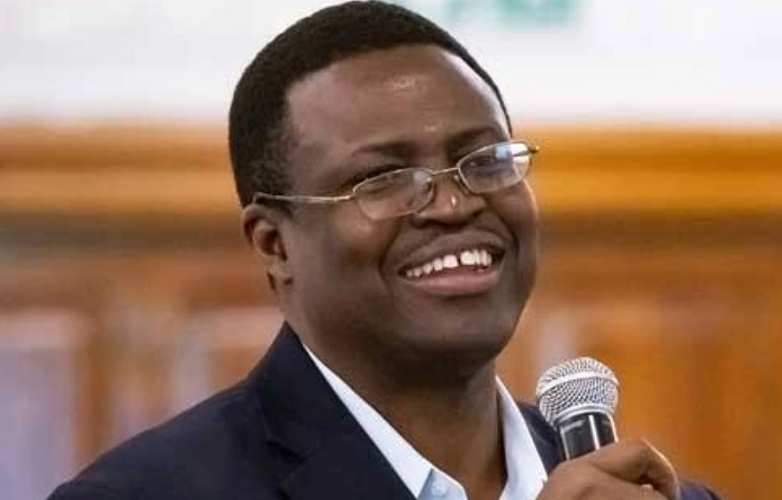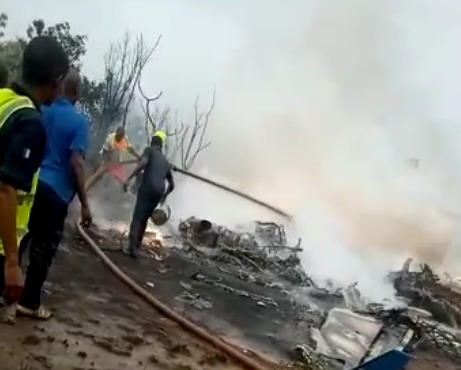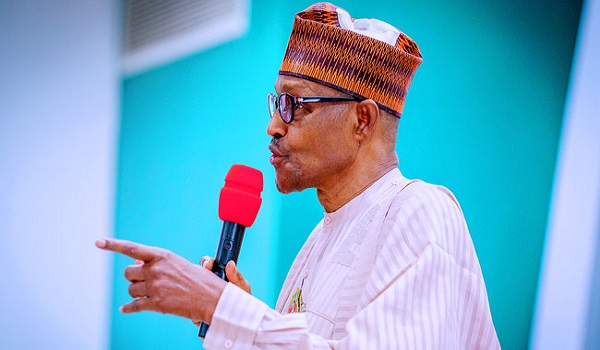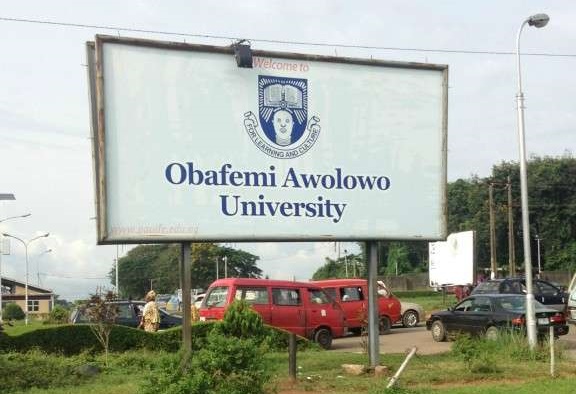World Bank has advised Nigeria to rethink its steps in the provision of N4 trillion for petrol subsidy payments in the 2022 budget.
David Malpass, president, World Bank Group, said this on Wednesday at the opening press conference of the 2022 IMF-World Bank spring meeting.
The national assembly had approved the request of President Muhammadu Buhari to earmark N4 trillion for petrol subsidy in 2022.
Subsidy or under-recovery is the underpriced sales of premium motor spirit (PMS), better known as petrol.
Advertisement
In an analysis conducted by TheCable, the N4trn budgetary allocation for petrol subsidy is more than 2021 CIT, VAT combined collection.
Malpass said the provision of petrol subsidy in Nigeria is not targeted at those most in need, encouraging Nigeria to rethink its subsidy effort.
“Generalised subsidies have significant negatives. One is, they are expensive because they go to everyone, and they’re often taken–more used by people with upper incomes than by people with lower incomes; they’re not targeted,” he said.
Advertisement
“So, we encourage, when there needs to be a subsidy for either food or fuel, that it be carefully targeted, well-targeted for those most in need. And we have encouraged Nigeria to rethink its subsidy effort.”
The World Bank president also cited multiple exchange rate systems and trade barriers as factors affecting Nigeria’s growth.
He said while the multiple exchange system is complicated and shows a lack of discipline in the country’s fiscal policies, trade barriers distort trade flows.
“Also, two other things that I’ll mention on Nigeria that are important. It runs a multiple exchange rate system, which is complicated and is not as effective as it would be if there were a single exchange rate,” he added.
Advertisement
“The most useful thing for development is to have a single exchange rate that’s market-based, that is stable over long periods of time. That attracts investment and it also means that there is discipline within the country’s fiscal policies. That would help.
“And then, Nigeria also has trade barriers that distort trade flows, and that could be improved substantially to help the people in Nigeria move forward. I do take note of the complicated situation that they face.
“Weapons are flowing in through northern Africa that finds their way to non-Nigerians that create violence in Nigeria. This is a very challenging situation that the government faces.
“And I think we, all over the world, people should have an understanding of the fragility that’s facing several parts of the world, but in particular the Sahel and the Sub-Saharan African area where the weapons flow from outside of Africa is putting a grave burden on governments around the continent.”
Advertisement
Malpass said Nigeria has a huge opportunity because of its natural resources but needs to improve on policies to accelerate growth.
Advertisement
Add a comment





